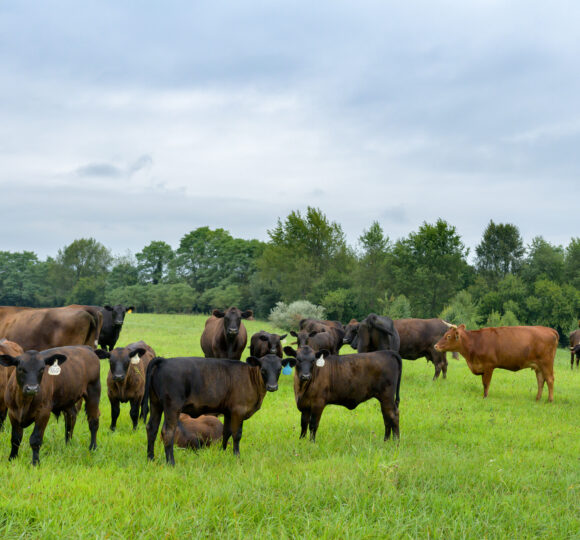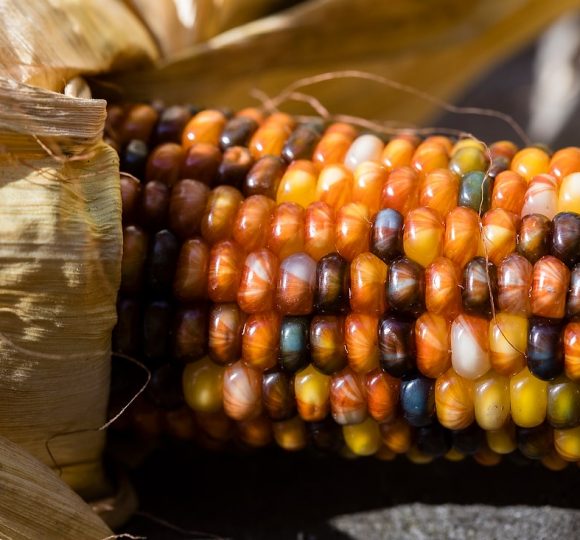Land Evaluation and Site Assessment (LESA) is a numeric rating system created by the USDA Natural Resources Conservation Service (NRCS) to evaluate a parcel’s relative agricultural importance. The land evaluation (LE) component of a LESA system measures soil quality.1 It is usually based on land capability classes, important farmland classes, soil productivity ratings and/or soil potential ratings. The site assessment (SA) component evaluates other factors that contribute to the site’s agricultural importance, such as parcel size and on-farm investments. SA factors may also consider development pressure and public amenities like wildlife habitat or scenic views. This fact sheet provides basic information about land evaluation and site assessment.
Publications
Land Evaluation and Site Assessment
Publication Name
FIC Fact Sheet and Technical Memo
Downloadable Documents
Author
American Farmland Trust
Publisher
Northampton, MA: American Farmland Trust
Page Numbers
2
Publication Date
August 01, 2006
Publication Type
Fact Sheets and Technical Memos
State
National
Keywords
Federal Farmland Protection Policies & Programs, Land Evaluation and Site Assessment, Land Use Planning





